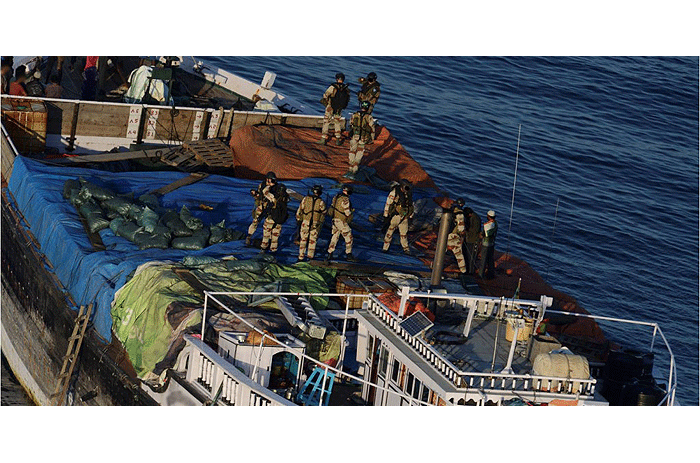Japan’s NYK, MOL and K Line, plus Maersk and Stena, are chipping in to a pot worth $1.5m to the United Nations Development Programme (UNDP) project to improve the lives of Somalis and security for crews.
The Alternative Livelihoods to Piracy scheme aims to reduce piracy off the coast of east Africa through local economic development, job creation, training, and business development grants.
A lack of jobs and legitimate business opportunities for young people helps Somali pirate leaders attract recruits for attacks on merchant shipping that cost the international community billions of dollars a year.
Founded by Shell in 2013, the oil company and shipping group is known as the Joint Shipping Initiative.
“Piracy is a global problem that takes root in limited economic opportunities, high youth unemployment rates and poor infrastructure,” said Jens Munch Lund-Nielsen, head of Maersk's emerging markets projects in group sustainability.
“The problem requires a land-based solution.”



